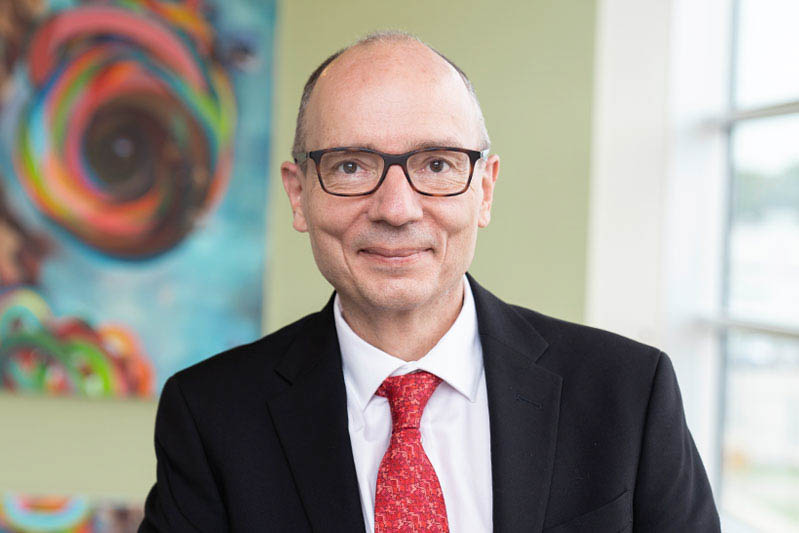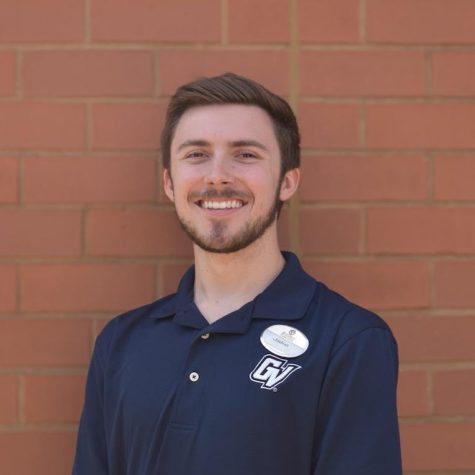Michael Layton named W.K. Kellogg Philanthropy Chair by Johnson Center
Courtesy to GVSU Johnson Center. Michael D. Layton, Ph.D., W.K. Kellogg Community Philanthropy Chair
Sep 28, 2020
Grand Valley State University’s Johnson Center has named Michael Dennis Layton the new W.K. Kellogg Community Philanthropy Chair. The Dorothy A. Johnson Center is a leading academic center focused on philanthropy, and the W.K. Kellogg Community Philanthropy Chair is the nation’s first endowed chair in community philanthropy. Layton is the second person to hold the position.
Established in 1992, the Johnson Center for Philanthropy resides in the College of Community and Public Service at GVSU. The Center offers research and expertise on the latest philanthropic theories and developments. It also works to provide students with genuine community experiences through fellowships and internships.
“The Johnson Center aims to be a global leader in helping individuals and organizations understand, strengthen and advance philanthropy,” Layton said. “That aspiration translates into offering data, research, training, and support services to nonprofits and all types of donors, locally, nationally, and increasingly internationally. The focus on linking research and practice is nicely captured by the motto, ‘Trusted Guidance for Doing Good.’”
Layton has a vast amount of experience working with philanthropy as a volunteer, researcher, teacher, director, advocate, and consultant. He began his career by founding and directing the New Kensington Community Corporation in the Philadelphia neighborhood where he was born and raised, and his area of expertise has only gotten broader since then. With the challenges imposed on philanthropy due to COVID-19, Layton’s experience will be a vital asset for the Johnson Center.
“New circumstances call for new thinking, and it is inevitable in that kind of context that you rethink some of your assumptions about the work that you do,” Layton said. “In a way, the COVID-19 pandemic has made that clear in philanthropy as it has for so many other aspects of American society and the world as a whole. The challenge for philanthropy is to not rest on its laurels and not be satisfied with how we’ve always done business.”
Layton says philanthropy as a business is very risk-averse and conservative. He hopes that recent changes in the ways people communicate and do business open up new areas for advancement in community philanthropy, which involves working with members of a community to decide how to use resources to improve the quality of life in that community.
“Innovations like giving circles, collective giving and other forms of community philanthropy become that much more attractive because they represent creative solutions to issues like inclusion,” Layton said. “You want to include people in making decisions that affect them and that, for me, is a core value of community philanthropy.”
At GVSU, Layton also hopes to help students find their passions and their place in the world, just like he found during his time at Haverford College. His passion for working with students is one of the main reasons he splits his time between directing philanthropic business and working as a professor.
“I originally decided on grad school to be a professor that could help shape the way people think and act in the world,” Layton said. “That’s what Haverford gave me, and that’s what I want to give back to students I work with.”

























